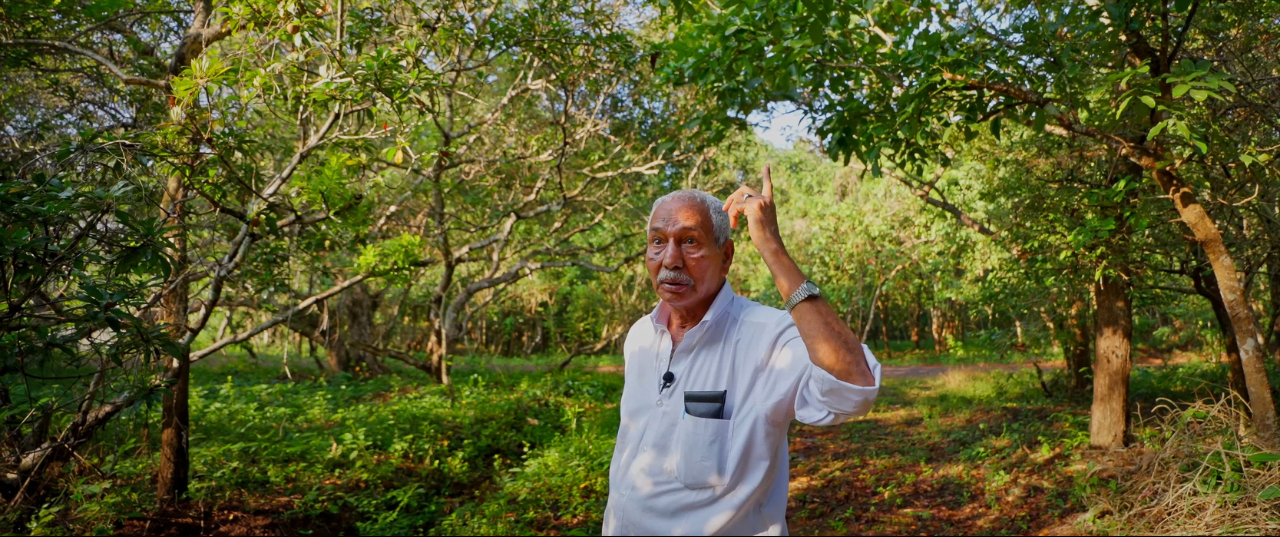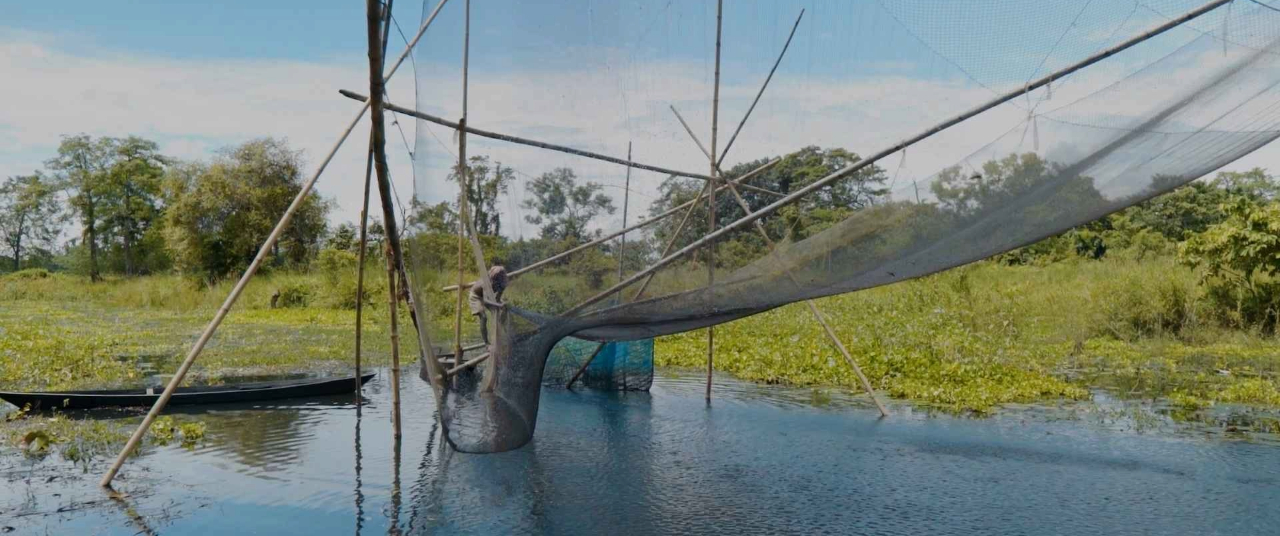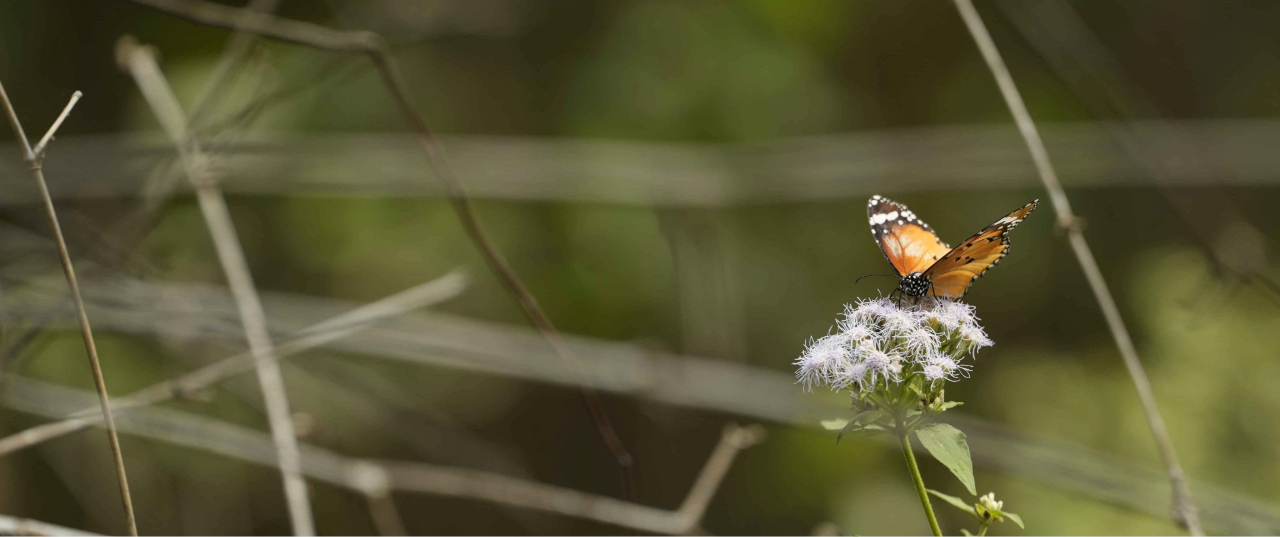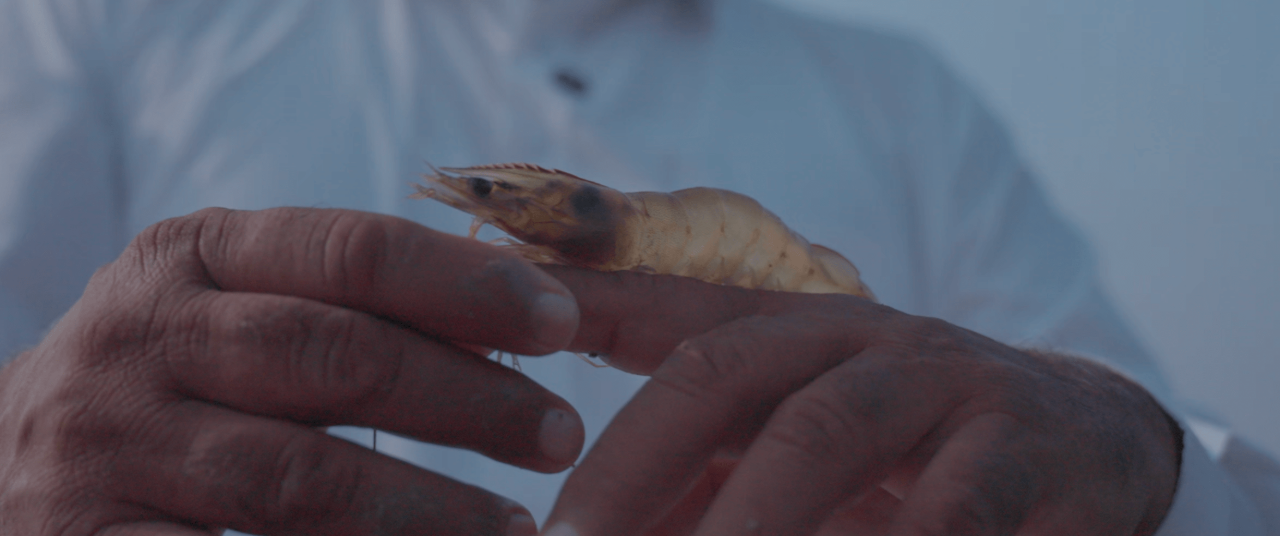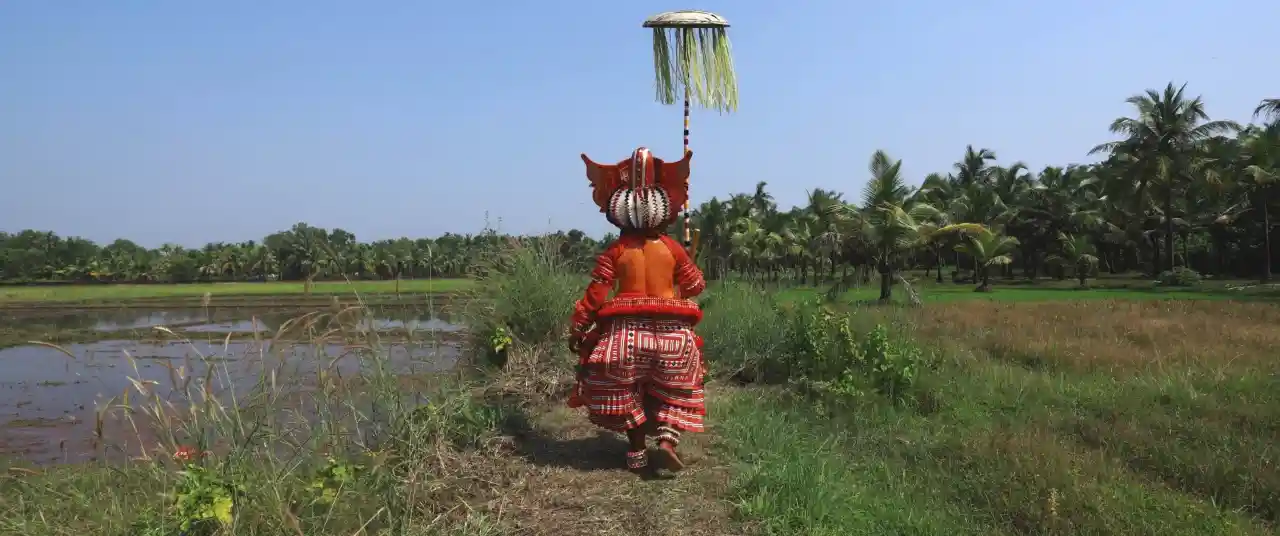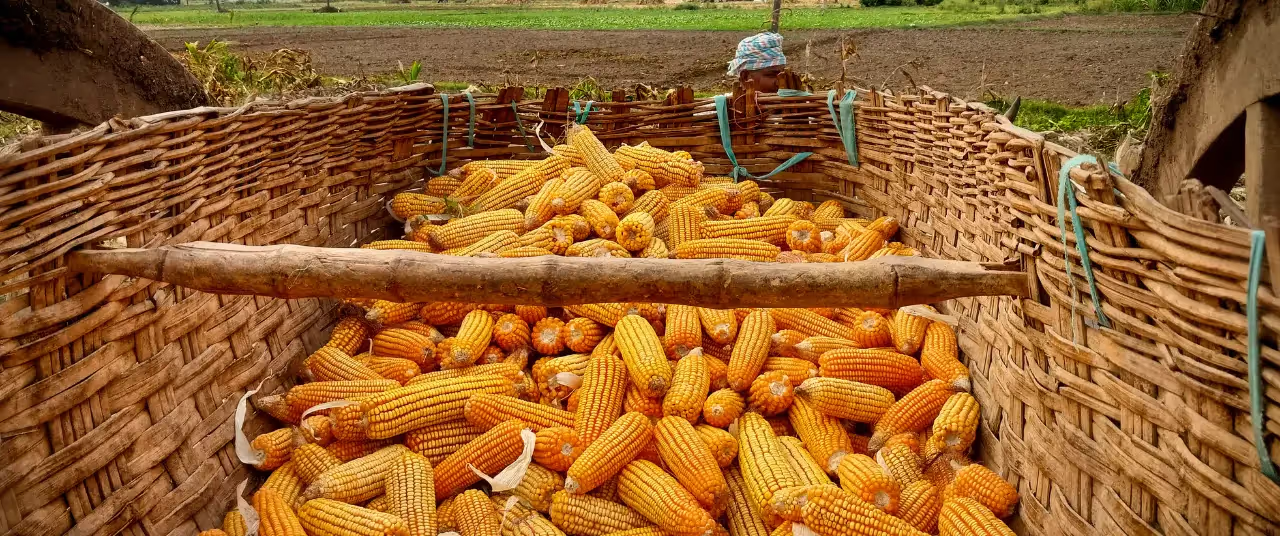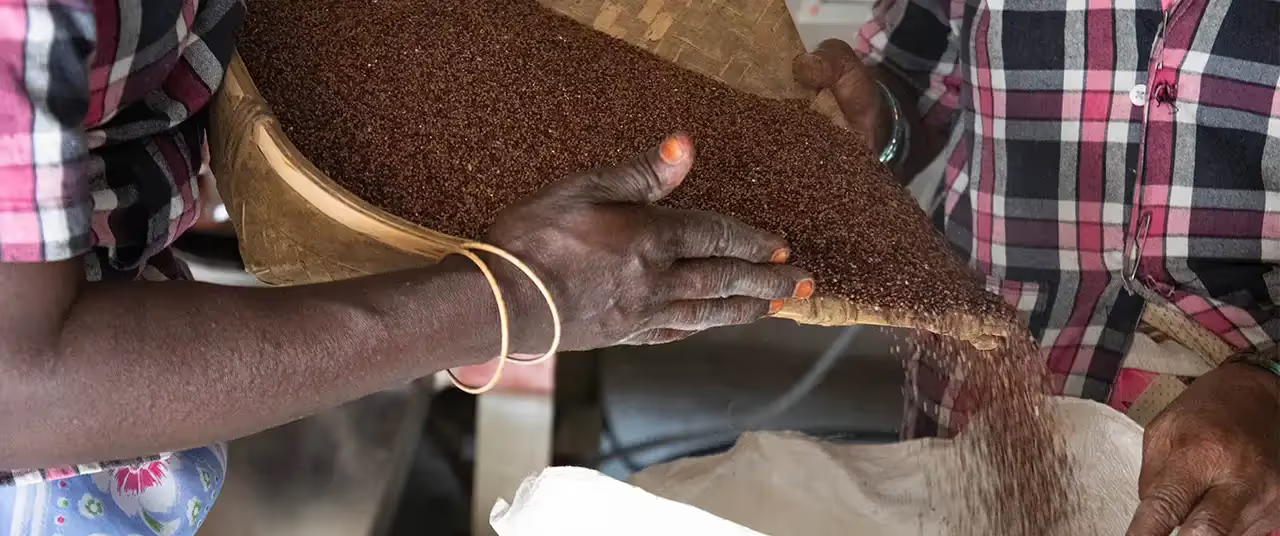Triangulating Agra, Lucknow, and Kanpur is Kannauj lying in the middle, a rich cultural and aromatic region in the heart of India. Since the Mughal period, each city in this triangle has been significant; Lucknow for its food, Kanpur for trade, Agra for its architecture and opulence to Kannauj for its rich alluvial soil. The town has been famous for producing some of the finest perfumes and essential oils in India and abroad. Jasmine, vetiver, and Damask rose, among other aromatic crops contribute to the fondness for scents.
Artisans and suppliers who used to make attars say that the decline in flower quality and quantity due to unfavourable weather conditions is pulling the market down.
Raju, a farmer in his thirties takes us through his rose nursery, within the farm which reflects the harshness of the weather. "Only 30% of this nursery is going to survive, rest all will die since it's already getting hot in the daytime," says Raju. He shows some of the already dead rose plantlets due to pre monsoon rainfall that happened in late February.
A farmer couple plucks henna leaves on their farm. They say the increasing heat waves have impacted the plant, resulting in gradual decrease of the produce (leaves). "It has reduced upto 40% in a decade so now we also sow vegetables to earn better and make ends meet," says Ram Saran.
Jasmine/ Bela/ Mogra being collected in the evening. These flowers fall by the evening and are then collected by the people hired by farmers, who are mostly women.
After these flowers/ leaves are collected on the farm, in sacks, farmers take it to the perfumeries within the city. There are over 500 big and small perfumeries in Kannauj who do the distillation of these herbs through the traditional Deg-Bhapka method, being used in the city since ages. The flowers rate could vary every-day, depending on the weather, season and produce.
Untouched by the modern day technicalities and machines, the speciality of Kannauj perfumes lies in its method of preparation. Deg and Bhapka work like a typical still and receiver in any distillation process, where they are placed on traditional bhatti (furnace) with a cooling water tank attached at the end. The steam collected from flowers goes to kuppi (leather bottle).
The artisans doing the distillation are mostly generational workers. They work in extreme heat of the bhatti, regardless of the weather, amid smoke filled perfumery causing teary eyes.
Kannauj attar base is collected in camel leather containers/ bottles which are available in huge and small sizes. However, only the older perfumers have it with them since now the camel leather is banned so they are almost unavailable anymore.
If not for the perfumers and business people, climate change has impacted all the farmers, compelling them to look out and opt for alternative solutions for sustainability. Like Raju, the fourth generational rose farmer has now started to sow marie gold too, besides his traditional rose farming. "I can't entirely rely on the roses now since it (weather) started getting hot in March itself and it subsides the flower production. If there's a bud this evening, tomorrow, post sunrise, it will bloom and begin to lose its petals," he says.
You might also like
See all









